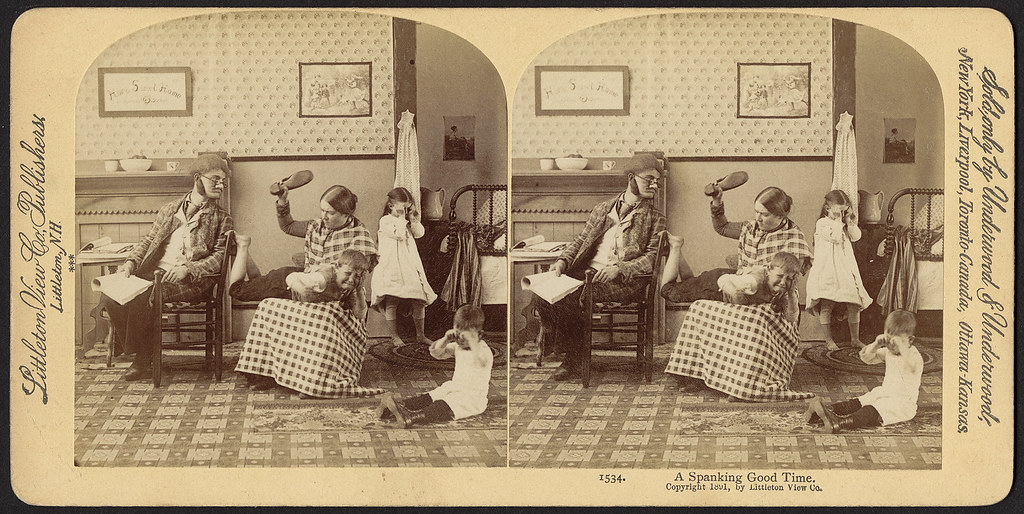
1. Creating a Safe Sleeping Environment
One of the most critical aspects of newborn care is ensuring a safe sleeping environment. The American Academy of Pediatrics (AAP) recommends the following guidelines:
- Back to Sleep: Always place your baby on their back for every sleep, including naps. This helps reduce the risk of Sudden Infant Death Syndrome (SIDS).
- Firm Surface: Use a firm mattress in a safety-approved crib, bassinet, or play yard. Avoid placing soft bedding, pillows, stuffed animals, or bumper pads in the crib.
- Room Sharing: Consider room-sharing without bed-sharing, which can provide comfort to the baby and make nighttime feedings easier.
2. Feeding Your Newborn
Feeding your newborn is one of the most crucial tasks. Whether you choose breastfeeding or formula feeding, establishing a healthy feeding routine is essential.
- Breastfeeding: The World Health Organization recommends exclusive breastfeeding for the first six months. Breast milk provides all the necessary nutrients and antibodies. Newborns typically feed every 2 to 3 hours, so watch for cues like rooting, sucking, or smacking lips.
- Formula Feeding: If you're using formula, prepare it according to the instructions. Newborns usually consume 1 to 3 ounces every 2 to 4 hours at first. As they grow, they’ll naturally increase their intake.
- Responsive Feeding: Pay attention to your baby’s hunger signals. Avoid strict feeding schedules. Let your baby dictate their feeding needs.
3. Diapering Tips
Newborns require frequent diaper changes, which can be a little daunting initially. Here are some tips to make diapering easier:
- Keep Supplies Handy: Always keep a changing station equipped with diapers, wipes, and a changing mat. This will help create a safe and hygienic environment for changes.
- Diaper Rash Prevention: Change diapers promptly after they are soiled to prevent diaper rash. Apply barrier cream (like zinc oxide) to protect against irritation.
- Proper Technique: For boys, cover the area with a cloth or diaper to prevent surprises during changes. For girls, always wipe from front to back to avoid urinary tract infections.
4. Bathing Your Newborn
Bathing a newborn can be a fun bonding experience but also requires caution. Here are some key bathing tips:
- Sponge Baths First: Until the umbilical cord stump falls off (usually within the first few weeks), give sponge baths using a soft washcloth. Avoid submerging the stump in water.
- Water Temperature: Always check the water temperature with your wrist or elbow to ensure it is warm but not hot (ideally around 98.6°F or 37°C).
- Full Bathing: Once the stump is gone, you can start with full baths. Use a baby tub or the sink, and ensure you always keep one hand on your baby for safety.
5. Identifying Baby’s Cues
Understanding and interpreting your newborn’s cues is vital for effective care. Babies communicate their needs through different behaviors:
- Crying: Babies cry to express hunger, discomfort, tiredness, or the need for comfort. Learn to differentiate between cries; some might indicate hunger, while others may suggest a need for a diaper change or soothing.
- Body Language: Watch for signs that your baby is tired, such as rubbing eyes or yawning. Similarly, fidgeting or moving arms and legs might indicate restlessness or boredom.
- Calming Techniques: If your baby is fussy, try swaddling, rocking, or using gentle white noise to help soothe them.
6. Regular Pediatric Visits
Routine check-ups are vital for monitoring your newborn’s growth and development. Here’s what to expect:
- Schedule Visits: Most newborns have check-ups at 1 week, 1 month, 2 months, 4 months, 6 months, 9 months, and 12 months. These visits typically include vaccinations, growth assessments, and developmental screenings.
- Ask Questions: Prepare a list of questions or concerns for your pediatrician during these visits. This is a valuable opportunity to gain insights into your baby’s health.
7. Recognizing Developmental Milestones
Understanding developmental milestones can help you monitor your baby’s growth. Here are some key milestones for the first year:
- First 3 Months: Newborns will start to lift their heads during tummy time, respond to sounds, and may begin to coo.
- 4-6 Months: Babies may roll over, reach for toys, and respond to their names.
- 7-12 Months: Expect crawling, sitting up, standing with support, and possible first steps. They will start babbling, laughing, and expressing emotions.
8. Bonding with Your Newborn
Emotional bonding is equally as important as physical care. Here are ways to strengthen your bond:
- Skin-to-Skin Contact: Holding your baby close to your skin can enhance bonding. It is also known to regulate the baby’s heart rate and promote breastfeeding.
- Talk and Sing: Communicating with your newborn through talking, singing, or reading fosters emotional connection and stimulates language development.
- Responsive Care: Respond to your baby’s cues and needs promptly. This builds trust and helps your newborn feel secure.
9. Managing Parental Well-being
Taking care of a newborn can be exhausting. Don’t forget self-care as a new parent. Here are some strategies to maintain your well-being:
- Sleep When Possible: Take turns with your partner to catch naps whenever the baby sleeps. Shorter periods of rest can help maintain energy levels.
- Seek Help: Don’t hesitate to ask for help from family or friends, whether for babysitting or assistance with chores. Surrounding yourself with supportive people can ease the transition to parenthood.
- Focus on Nutrition: Prioritize a balanced diet that includes fruits, vegetables, proteins, and whole grains. Staying nourished is crucial for managing stress and fatigue.
10. Understanding Common Newborn Health Issues
Newborns may encounter various health issues. Being aware of common concerns can help you address them promptly:
- Jaundice: This is common in newborns and is characterized by yellowing of the skin and eyes. Ensure your baby is feeding adequately, as this can help eliminate excess bilirubin. Seek medical advice if jaundice appears to worsen.
- Colic: Some babies experience excessive crying due to colic, which can be stressful for parents. Try different soothing techniques and consult your pediatrician for advice on managing colic.
- Fever: A fever in a newborn can indicate infection. If your infant is less than 3 months old and has any fever (below 100.4°F/38°C), contact your doctor immediately.
Conclusion
Navigating the early days of parenthood can be both exhilarating and intimidating. By following these essential newborn care tips, you can create a nurturing environment for your baby while fostering a positive parent-child bond. Remember, every baby is different, and what works for one may not work for another. Trust your instincts, seek guidance when necessary, and take it one day at a time as you adjust to this beautiful new chapter of life. Embrace the journey, and cherish every precious moment with your little one.







